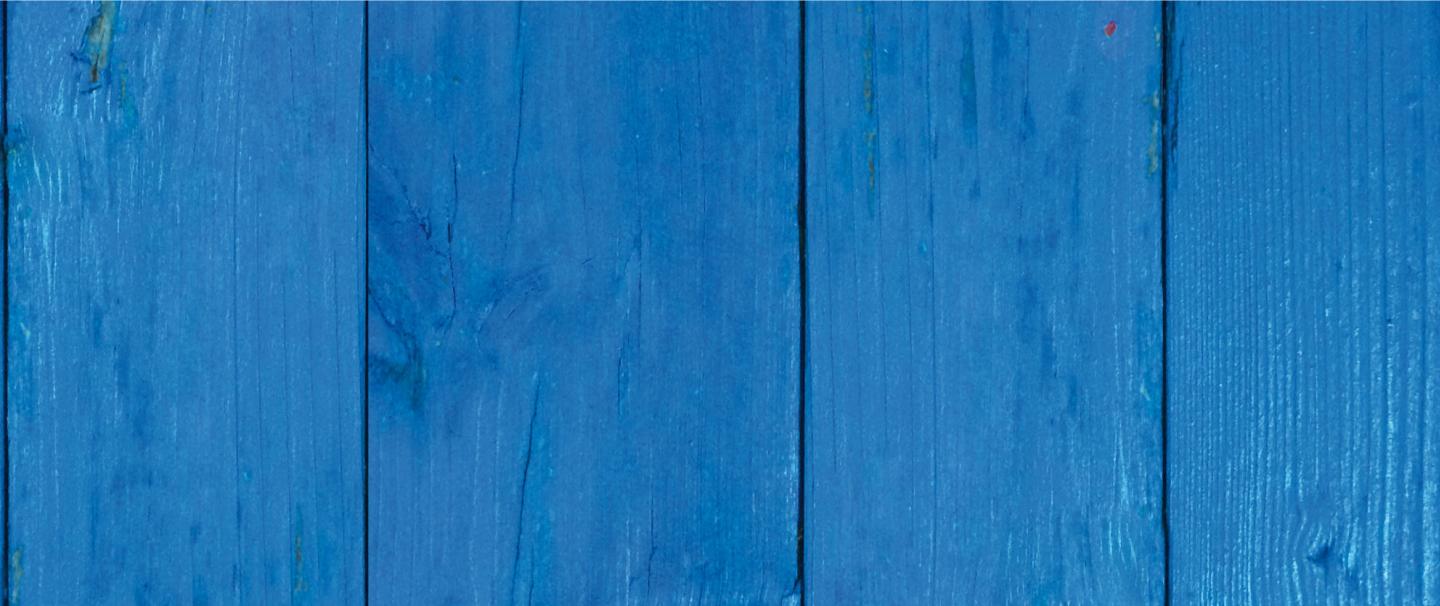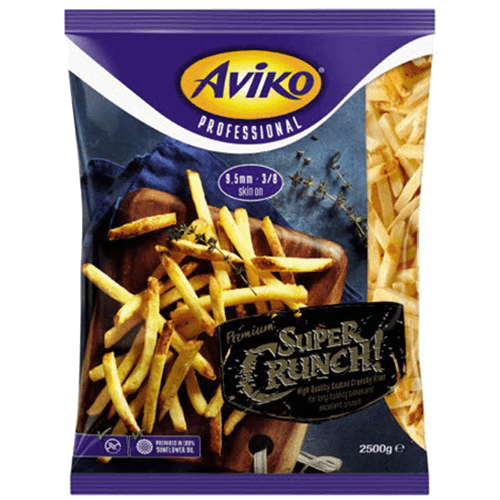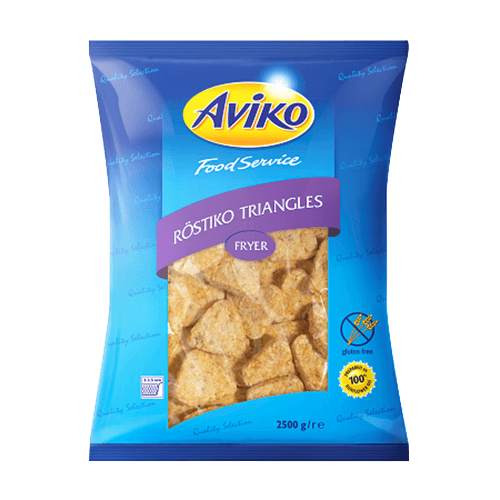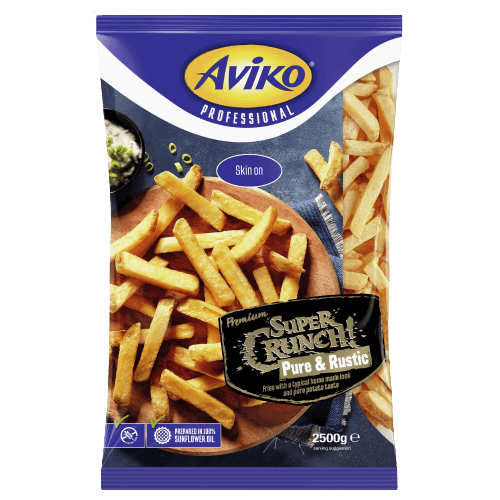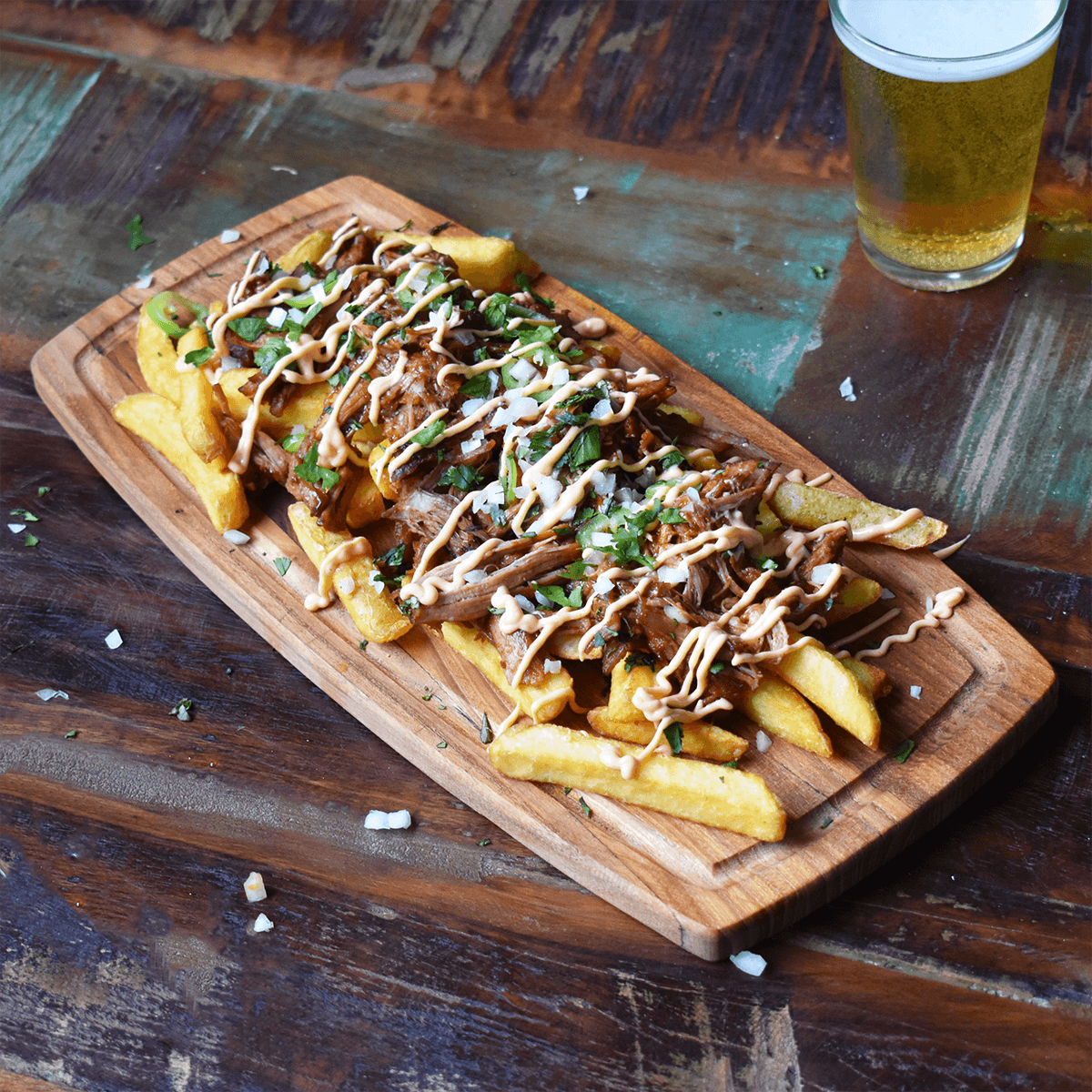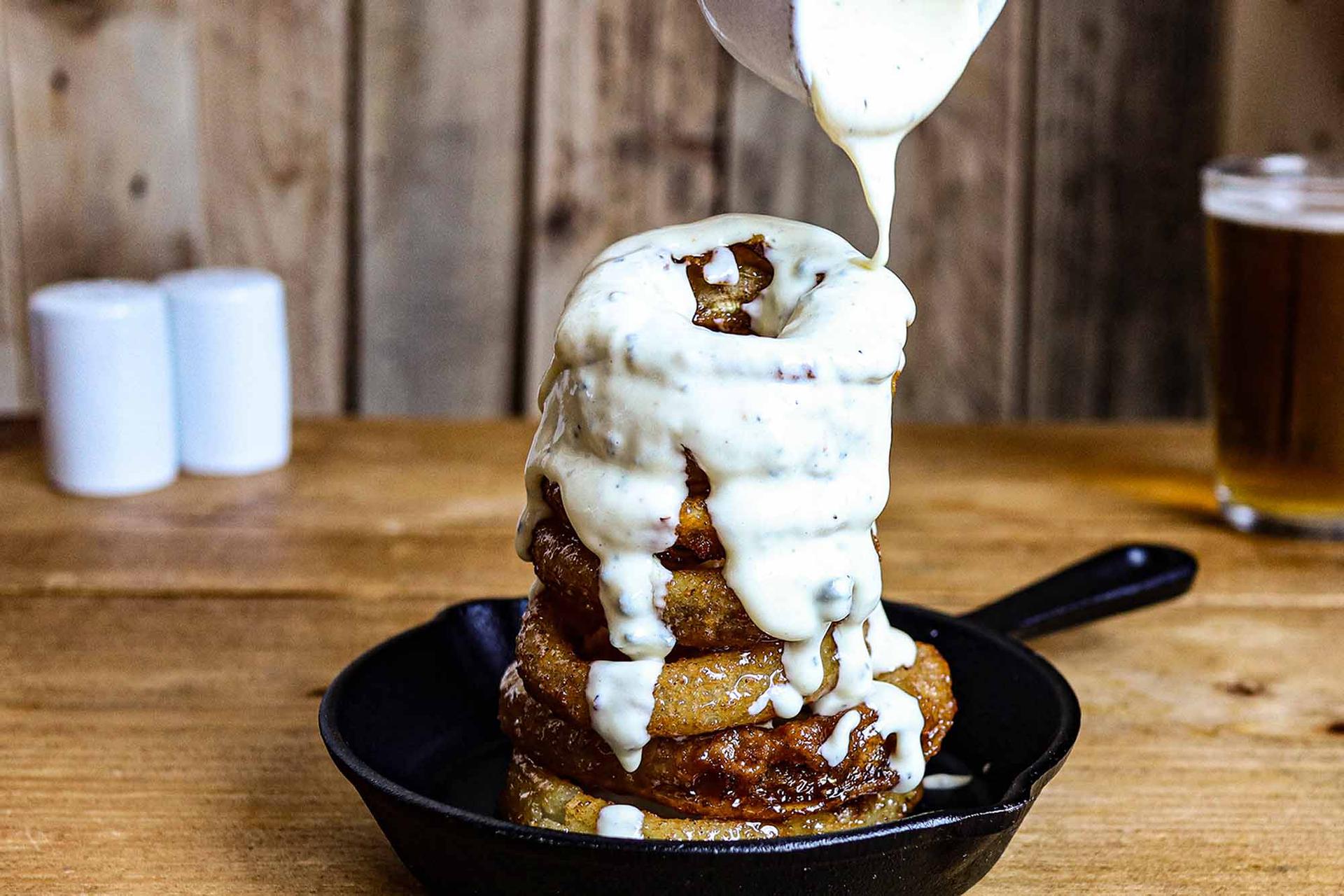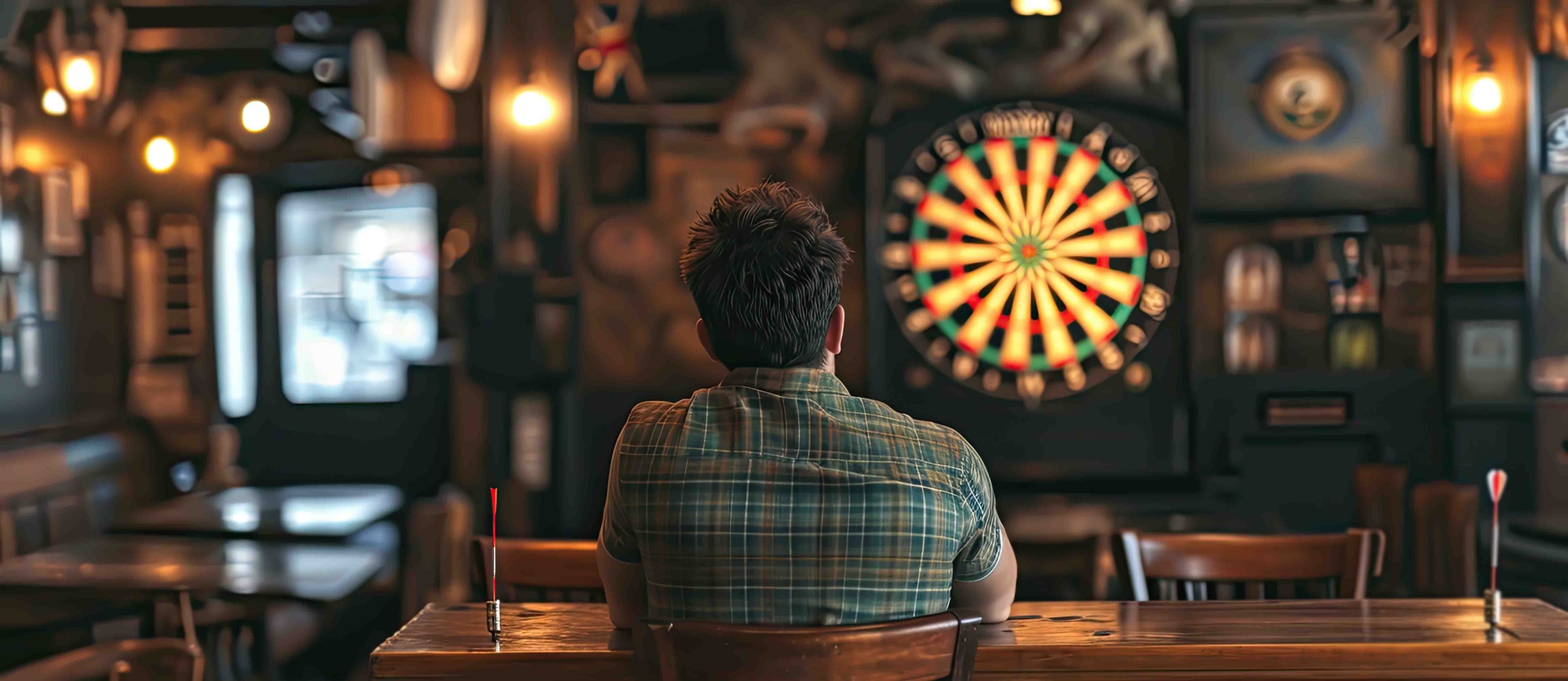
The Rise of Competitive Socialising
What is competitive socialising?
Competitive socialising may be a new term, but it is certainly not a new concept. Punters were throwing darts in pubs as early as the fifteenth century, and anyone who’s played a game of pool in a bar or taken part in a pub quiz knows that a bit of healthy competition makes for a great evening. But in the past few years, the concept of competitive socialising has been revitalised, representing the biggest development to the leisure sector in many decades.
It’s a straightforward idea: customers play a simple game in a buzzy venue with music, food and drink. Most competitive socialising locations are large-format sites found near business districts, with a vibrant and Instagram-friendly decor designed to attract Millennial and Gen Z customers.
In the past ten years, we’ve seen a steady flow of new brands emerge. There’s Swingers (offering crazy golf), Puttshack (mini golf), Flight Club (darts), Electric Shuffle (shuffleboard), Sixes (cricket) and Bounce (ping pong). Some are taking a tech-first approach: at Toca Social, customers can compete in a digital version of a football penalty shootout, while Immersive Gamebox has created a one-of-a-kind entertainment experience which allows visitors to immerse themselves in interactive gameplay and transport to a new world based on their favourite table top game, tv show or film. One of the newest players is F1® Arcade, which has revamped the traditional arcade concept to offer racing simulators with group socialising in mind.
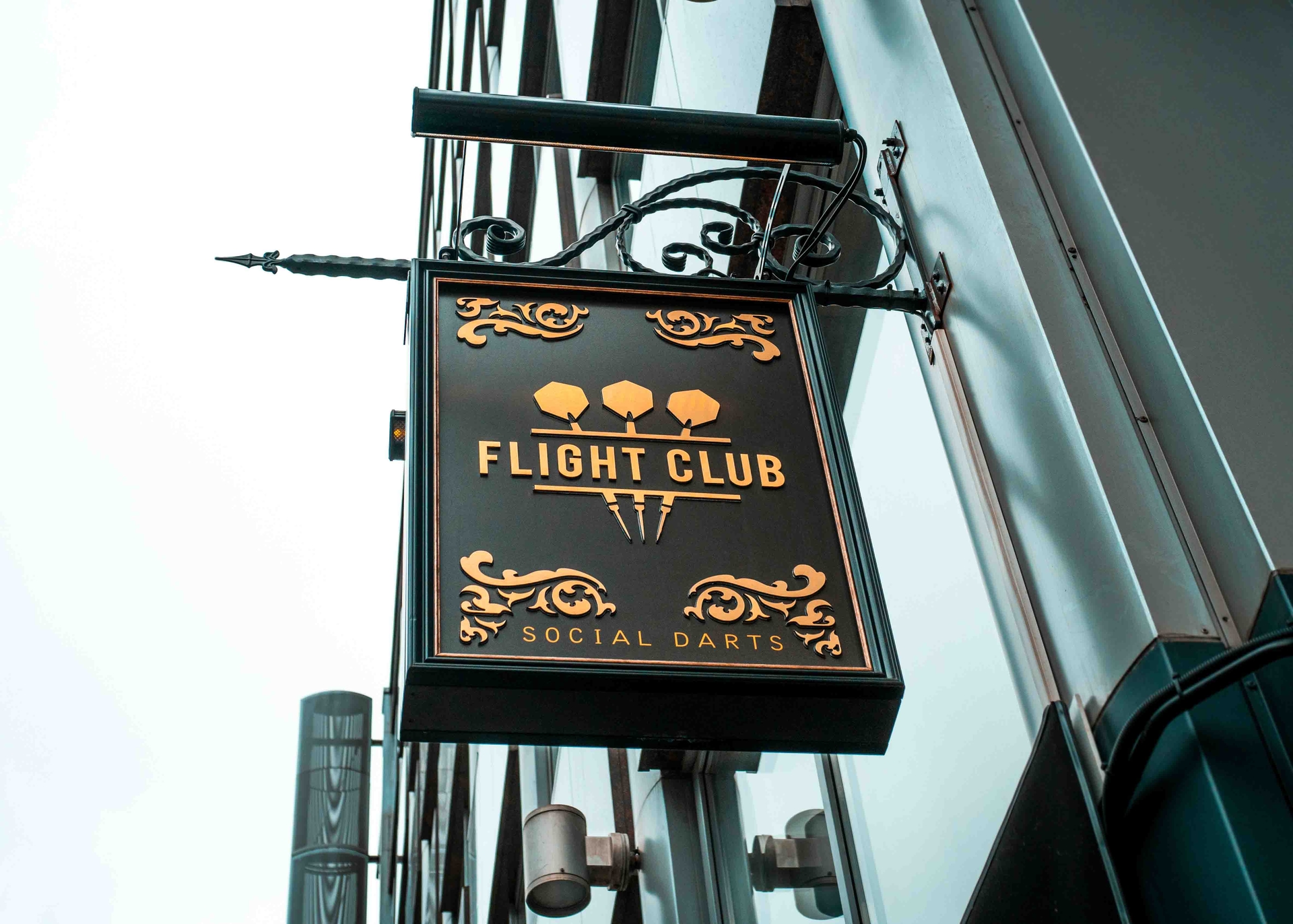
How Flight Club made a success of competitive socialising:
At the Propel Conference in London, Steven Moore (Founder & CEO of Red Engine – Flight club) sat down with us to discuss how Flight Club and Electric Shuffle capitalised on competitive socialising and turned it into a multi-million-pound enterprise. Steven initially stated that employee engagement stood at 91% with consumer engagement at a competitive 91%, making it clear that consumers and employees believe and love the services that Flight Club and Electric Shuffle offer. This reflects the overall trading which he stated was very strong and gave thanks to Luke Littler for inspiring millions of Britons to come and throw some arrows at Flight Club. Interestingly, he claimed that over 568 million darts have been thrown since the very first Flight Club was opened! Furthermore, the success of Flight Club was down to the guests having a great time, which led to the employees having a great time too, which has led to a high employee retention rate with employees enjoying the succession plan in which Flight Club offer to its employees.
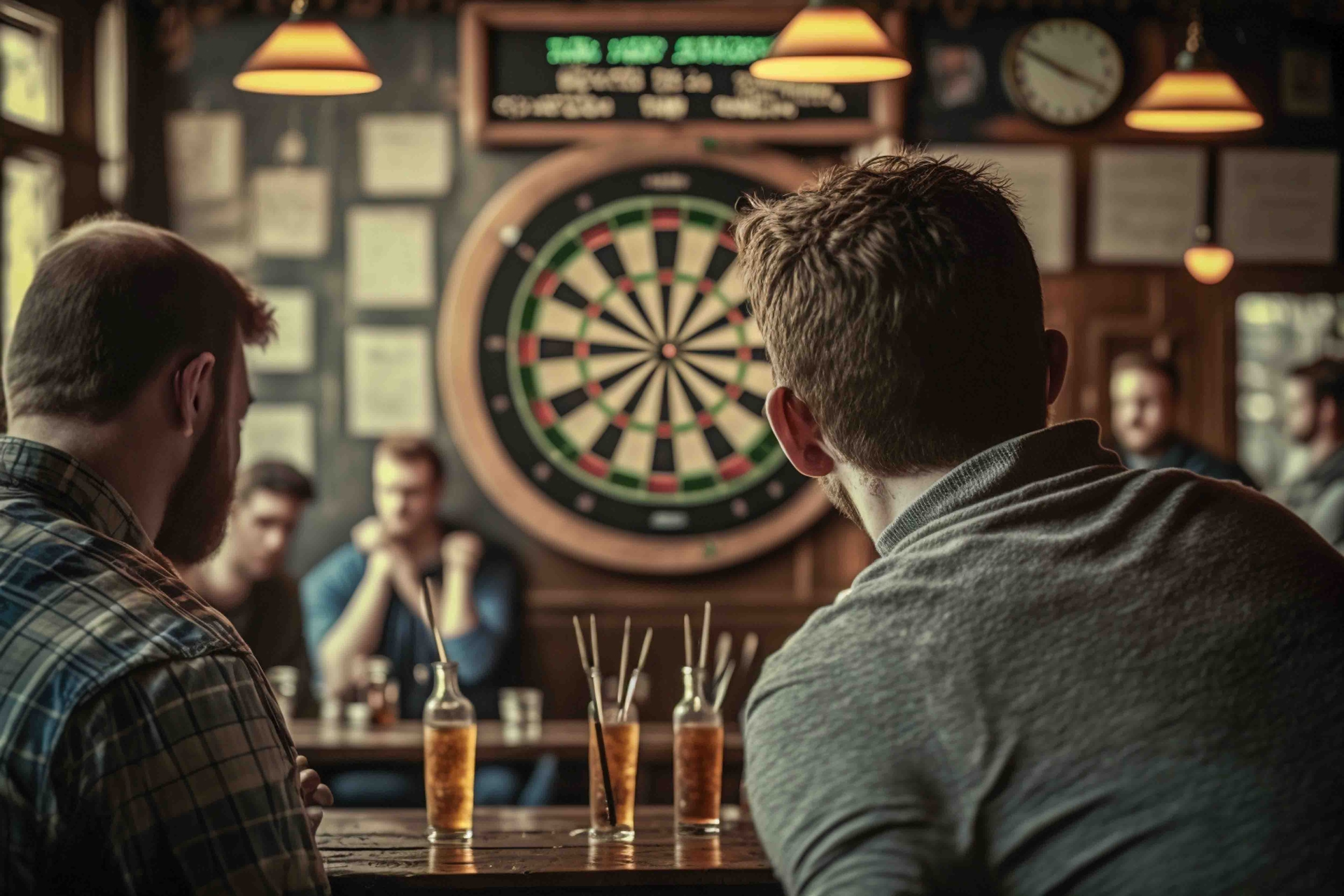
How competitive socialising is trending:
Competitive socialising is currently on trend for several different reasons. Steven Moore stated that consumers are evolving when it comes to how they are socialising when it comes to drinking, just as how the way consumers dine out is also evolving, for example, the small plates trend and a more causal approach to dining out. Furthermore, with Flight Club they have dedicated in house interior designers, 35 to be exact, which adds to the vibe of such venues. “Music, vibe, heating and lighting are so important to us here at Flight Club” he added. Furthermore, when it comes to how Flight Club capitalised on the trending aspect of this industry, consumers are sent a highlight reel of the best aspects of their darts match. Steven Moore stated that consumers will share this highlight reel to their social media platforms, essentially free advertisement for Flight Club. He dedicated the success of this to his 35 dedicated in-house tech team, which are constantly trying to innovate the consumer experience within Flight Club. This coincides with the marketing strategies of Flight Club too, which he stated the primary marketing channels of Flight Club are Instagram and Tik Tok. Moreover, Steven stated that 70% of the revenue from Flight Club comes from food and beverages and declared that it is led by the bar and the games come second. Furthermore, interestingly he commented saying that playing encourages drinking!
How competitive socialising is profitable for vendors:
Flight Club operator reports £52m revenue in 2022 and £9.2m group Ebitda driven by new openings. The full-year sales figures are more than double those reported in covid-hit 2021 (£24,639,200). The company also reported a 46% increase in profit versus 2021. The company said the improvement in performance is in part due to four new openings – Flight Club Cheltenham, Flight Club Cardiff, Electric Shuffle Leeds and Electric Shuffle Austin – that were “key contributors to a strong recovery from the pandemic”. Furthermore, Red Engine re-signed its franchise partner agreement with State of Play, opening Flight Club Houston, Flight Club Las Vegas and Flight Club Atlanta in the US. Its second franchise partner, NightOwl Entertainment, also operates Flight Club Perth in Australia. Co-founder and chief executive Steve Moore said: “As we enter our eighth year of trading, I couldn’t be prouder of both brands. To announce a turnover figure of more than £50m for 2022 is incredibly rewarding, particularly when we consider an energy crisis and nationwide train strikes. This result is testament to the resilience and appeal of our product, which offers added value to a standard drinks offering and brings moments of joy to groups of friends around the globe.
The future of competitive socialising:
British-born social darts brand Flight Club is set to double its footprint in the US with the launch of three new outlets. Ahead of launches in Denver and Atlanta, the expansion will include the largest Flight Club to date, in Las Vegas.
Like the three existing Flight Clubs in the United States, in Chicago, Boston and Houston, the new American sites will be developed in partnership with State of Play Hospitality.
The Flight Club concept made its debut in London in 2015. Founders Paul Barham and Steve Moore of Red Engine, who also operate a competitive socialising brand called Electric Shuffle (a modern take on shuffleboard), were inspired to make darts ‘cool’ after seeing how All Star Lanes and Bounce had re-energised ten-pin bowling and ping pong.
“Steve and I loved eating, drinking and playing,” Barham told blooloop earlier this year. “[Bounce] wasn’t innovative in terms of the game, but, my goodness, it was innovative in terms of pushing table tennis tables into a bar. Before that, you’d have to go on holiday in France, or to a gym or your mate’s garage to play.”
In the UK, darts was previously associated with pubs, ‘working men’s clubs’, and the 1980s TV show Bullseye. Flight Club has given the game a 21st-century twist by introducing a touchscreen interface and cameras that track the darts in flight. The accompanying themed bars, celebrating the English pub and fairgrounds where the game gained popularity, are designed to be an attractive destination.
Red Engine now operates six Flight Clubs around the UK. A seventh, in the Welsh capital of Cardiff, is due to open on 7 October. In addition to the Flights Clubs operated by State of Play in the US, there is also an outlet in Perth, Australia.
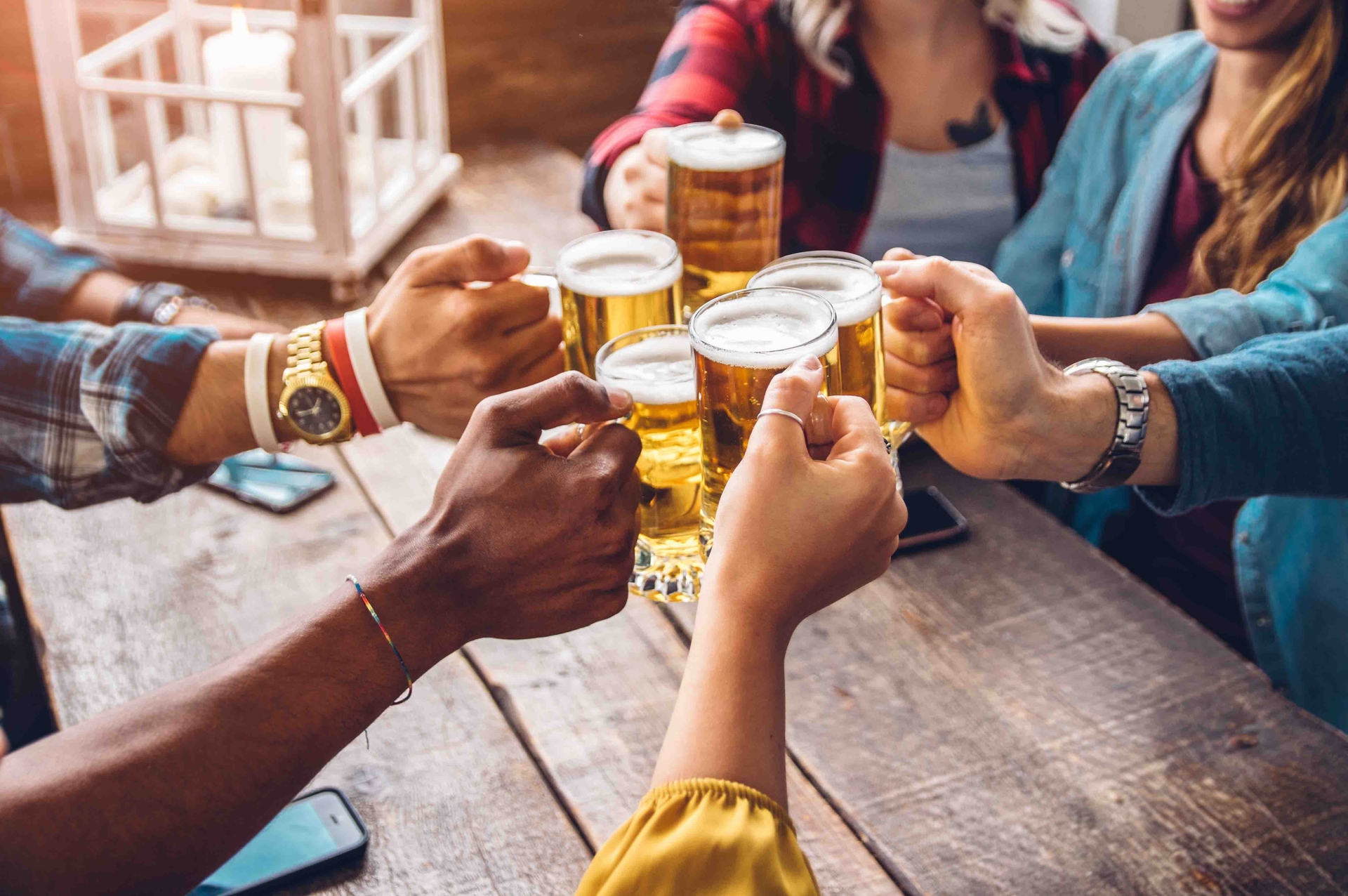
Conclusion:
The ascent of competitive socialising signifies a remarkable shift in how we seek entertainment and connection. From traditional pub games to today's dynamic venues like Flight Club and Electric Shuffle, this trend has captured global attention.
As highlighted, the success of these ventures speaks volumes about the demand for interactive, competitive experiences paired with vibrant atmospheres. Their expansion and profitability underscore the enduring appeal of competitive socializing.
Looking forward, with brands like Flight Club expanding into new markets and innovating further, the future of competitive socialising appears promising. It's an exciting time for both participants and entrepreneurs alike, as this trend continues to shape the landscape of social entertainment. So, why not join the excitement and experience the thrill of competitive socialising for yourself?
Inspire Your Kitchen
